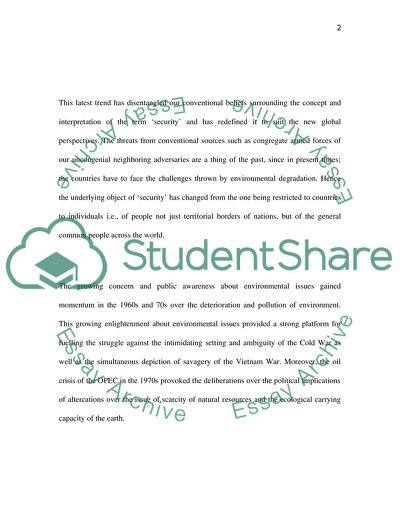Cite this document
(Is the Environment a Security Threat or Are We a Threat to the Term Paper, n.d.)
Is the Environment a Security Threat or Are We a Threat to the Term Paper. https://studentshare.org/environmental-studies/1718911-is-the-environment-a-security-threat-or-are-we-a-threat-to-the-environment
Is the Environment a Security Threat or Are We a Threat to the Term Paper. https://studentshare.org/environmental-studies/1718911-is-the-environment-a-security-threat-or-are-we-a-threat-to-the-environment
(Is the Environment a Security Threat or Are We a Threat to the Term Paper)
Is the Environment a Security Threat or Are We a Threat to the Term Paper. https://studentshare.org/environmental-studies/1718911-is-the-environment-a-security-threat-or-are-we-a-threat-to-the-environment.
Is the Environment a Security Threat or Are We a Threat to the Term Paper. https://studentshare.org/environmental-studies/1718911-is-the-environment-a-security-threat-or-are-we-a-threat-to-the-environment.
“Is the Environment a Security Threat or Are We a Threat to the Term Paper”. https://studentshare.org/environmental-studies/1718911-is-the-environment-a-security-threat-or-are-we-a-threat-to-the-environment.


